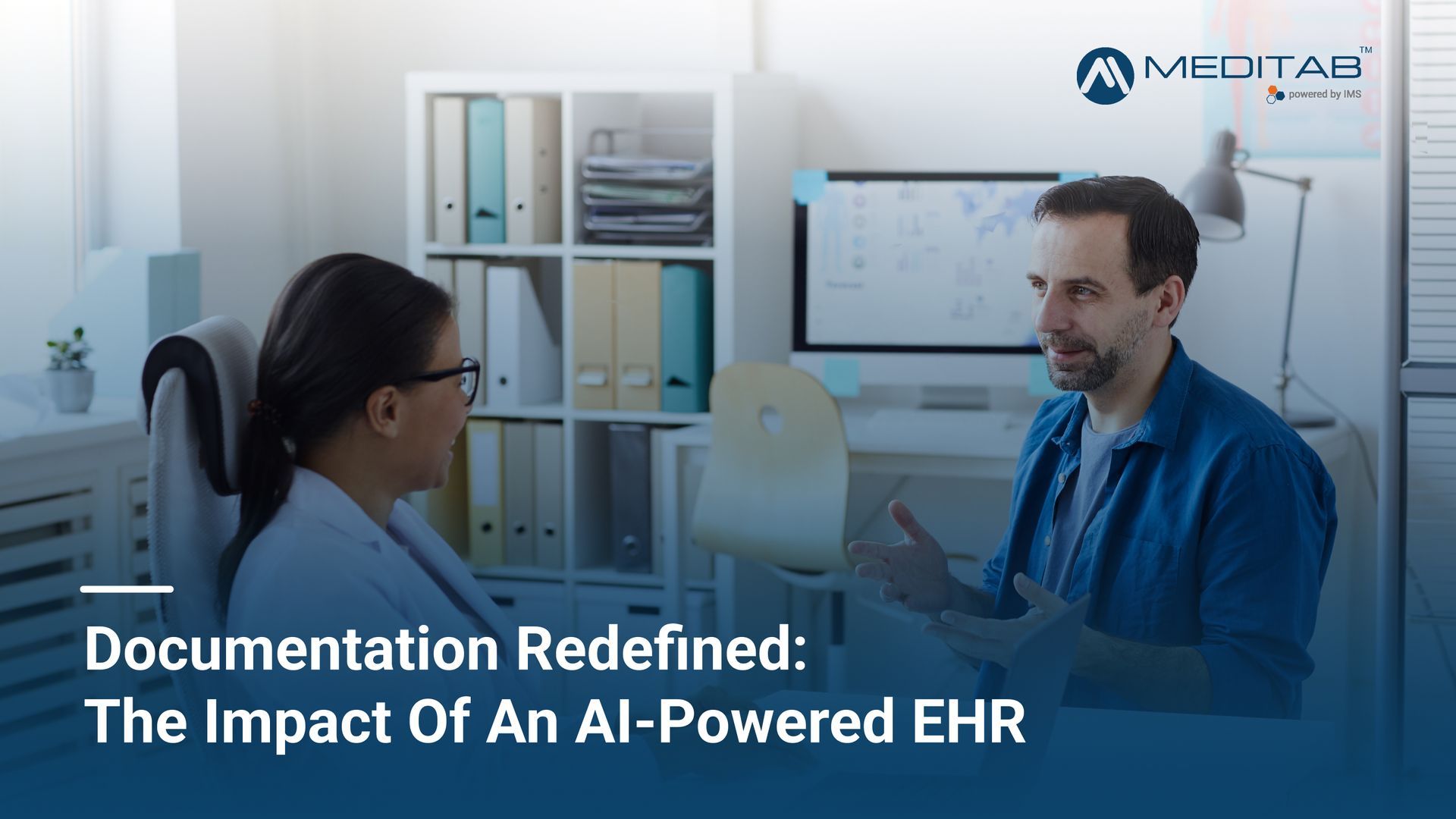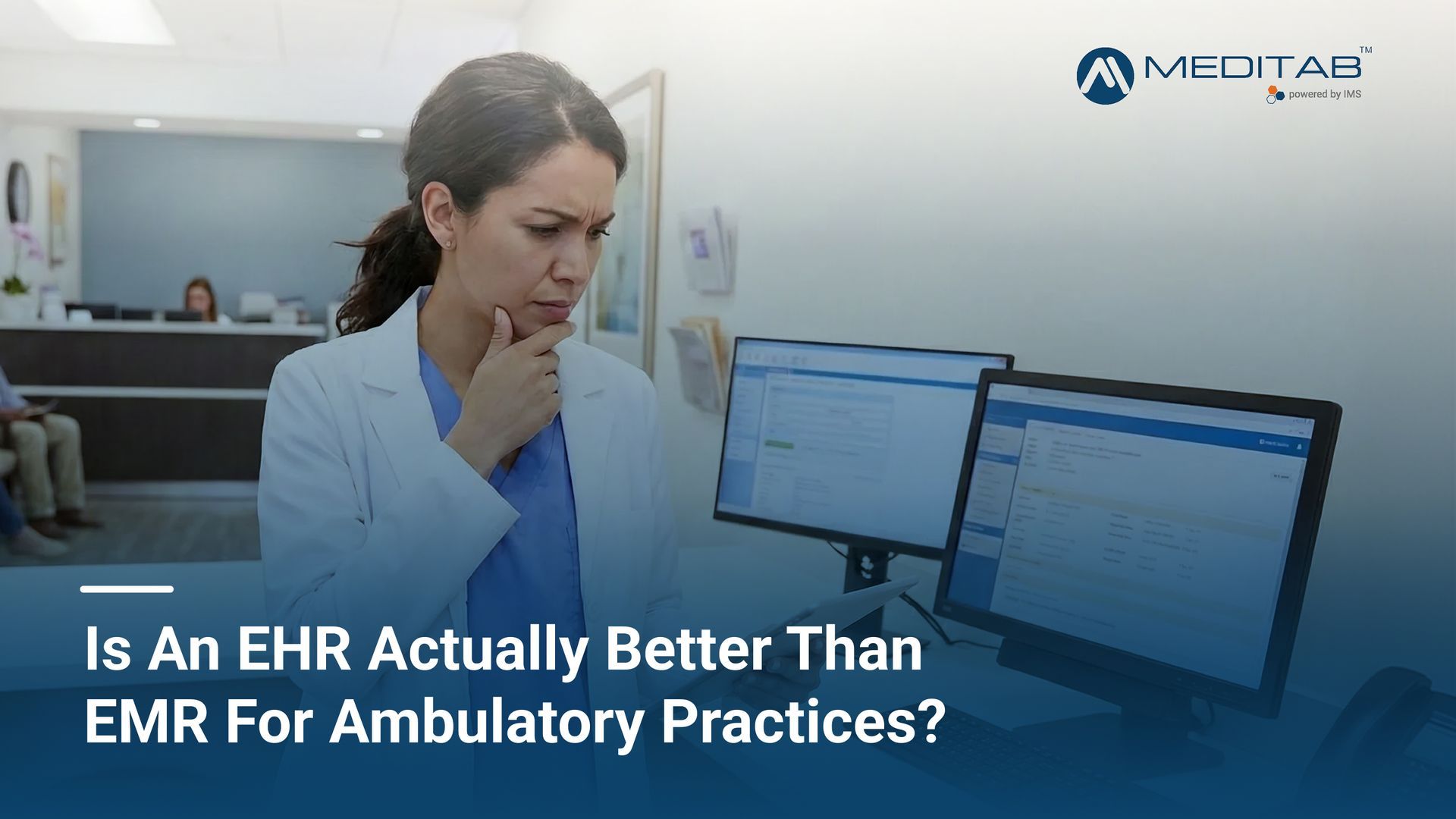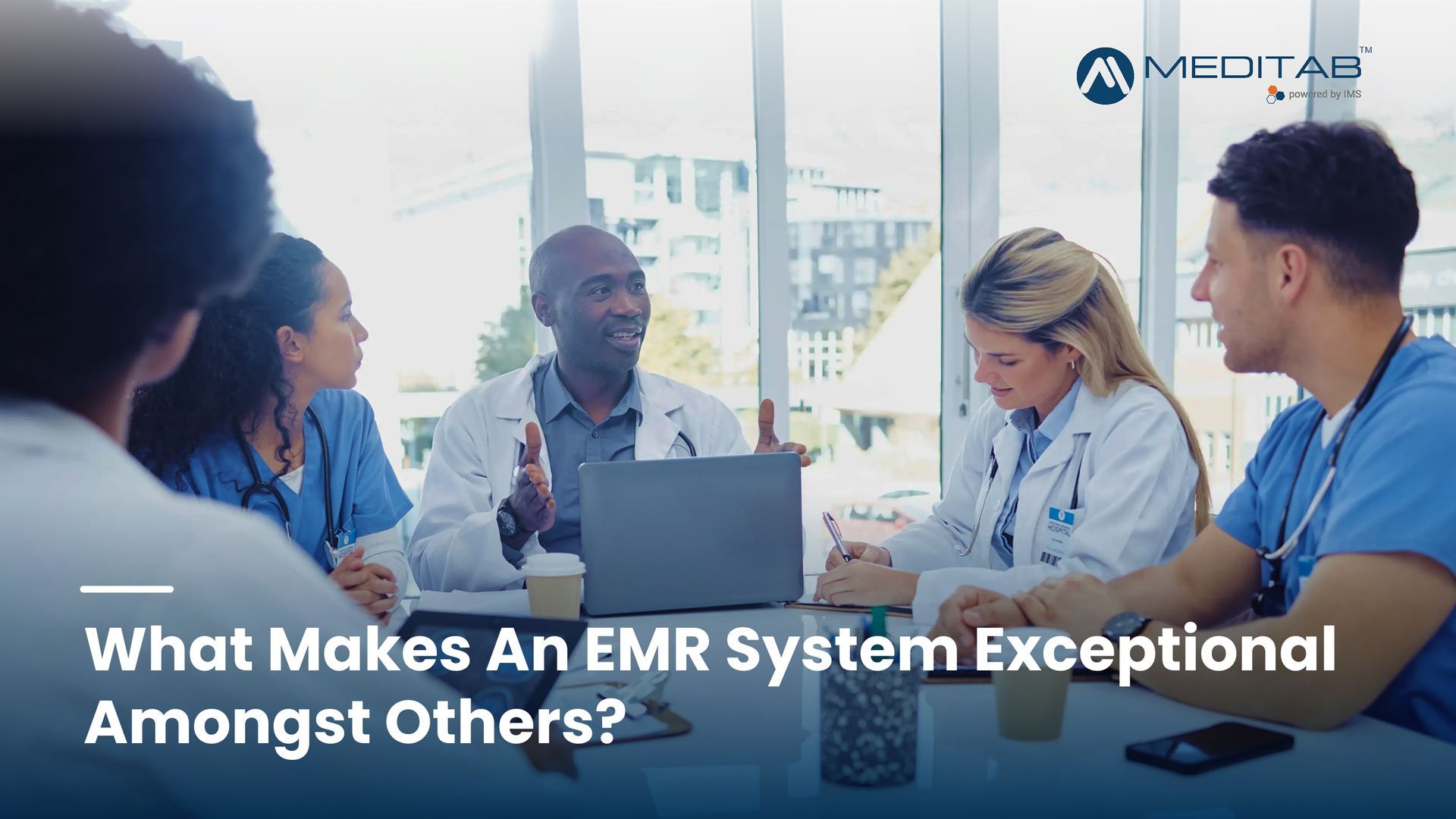Why Nurse EHR Satisfaction Is Dropping and What to Do About It
Did you know that about one-third of nurses report feeling burned out because of the demands and frustrations related to electronic health records (EHRs)? At first, EHRs were hailed as a breakthrough, promising to simplify documentation, improve communication, and ultimately make patient care smoother. But for many nurses, the reality has been quite different. Instead of lightening their workload, most EHR systems often add extra steps and stressors, making daily tasks feel more complicated and time-consuming.
In this blog, we’ll explore why nurse satisfaction with EHR systems is dropping, how this impacts nursing burnout and patient care, and what we can do to turn things around.
Explore a Nurse-Friendly EHR
Understanding the Decline in Nurse EHR Satisfaction
Nursing burnout is a growing problem, and challenges associated with electronic health records significantly contribute to this trend. Surveys from trusted sources, such as KLAS and HIMSS, have shown a growing trend: Nurses are less satisfied with their EHR systems than ever before. Why? Because these systems often don’t match up with what nurses actually need to do their jobs well.
Instead of making workflows smoother, many nurses find themselves stuck in a cycle of clicking through complicated interfaces and entering redundant information. That extra burden eats into the time nursing staff could spend with patients and adds to the stress they already face in busy healthcare environments.
Top Reasons Why Nurses Are Dissatisfied with EHR Systems
Let’s break down all the factors that contribute to EHR stress in healthcare and nurse burnout.
1. Complex and Non-Intuitive Interfaces
Many electronic charting systems for nurses feel like puzzles. Dashboards are cluttered, overloaded with options, and not designed with nurse workflows in mind. Nurses often have to click through several screens to do simple tasks like update patient vitals or document medication administration. This makes daily tasks slower and more frustrating.
2. Excessive Documentation Burden
Nurses spend more time than ever entering data into EHRs. Unfortunately, much of the documentation is duplicated or redundant, requiring nurses to fill out similar fields multiple times. This excessive data entry means less time for direct patient care, fueling nursing burnout and lowering overall nurse satisfaction.
3. Poor Workflow Integration
EHRs often don’t fit well with the natural flow of nursing tasks. For example, a nurse may have to switch between different EHR systems or modules, disrupting their rhythm and leading to inefficiency. Many nurses rely on manual workarounds to get through the day, which increases the chance of errors and slows down productivity.
4. Lack of Customization and Personalization
One size doesn’t fit all in nursing. Specialty nurses, whether in pediatrics, oncology, or critical care, have unique workflows and documentation needs. Yet many EHR systems offer generic templates that don’t adapt well to these specialties. This lack of personalization frustrates nurses and contributes to inaccurate or incomplete documentation.
5. Insufficient Training and Support
Without solid nurse training programs and ongoing support, nurses often struggle to use EHR systems effectively. Many receive minimal onboarding and limited access to help when they hit roadblocks. This leads to the underutilization of valuable features and leaves nurses feeling unsupported.
How Nurse Burnout and EHR Dissatisfaction Affect Healthcare
When nurses feel overwhelmed by EHR usability issues, the impact goes far beyond frustration. Nurse burnout leads to higher turnover rates, which strains nurse staffing and increases the workload on remaining staff. This creates a vicious cycle that ultimately affects patient care quality and safety.
Poor EHR usability also reduces nurse productivity. Instead of focusing on clinical care, nurses are bogged down by administrative tasks. This can increase errors and reduce the overall effectiveness of nursing care.
Improving nurse engagement with EHR systems is not just about making nurses happier—it’s essential for maintaining a healthy, efficient, and safe healthcare environment both for clinical staff and patients.
How Meditab’s IMS Improves Nurse EHR Satisfaction
Thankfully, not all EHR systems overlook the vital role nurses play in patient care. While many existing EHRs are built with physicians in mind, often ignoring the unique workflows and daily demands of nursing staff, Intelligent Medical Software (IMS) is designed to fill this gap. With nurse-friendly features and thoughtful design, IMS actively addresses the core challenges nurses face, creating a more easy-to-use and supportive EHR experience:
1. Intuitive and User-Friendly Interface
At a glance, IMS is a nurse’s dream EHR. The interface is clean, simple, and acknowledges actual nursing workflows. Nurses can access patient data quickly, with fewer clicks and less clutter, making daily tasks easier and less stressful.
2. Reduced Documentation Load
With smart templates and voice recognition features, IMS reduces the documentation burden. Automated data capture and integrated charting allow nurses to spend less time typing and more time with patients, reducing nurse burnout and improving patient satisfaction—a win-win situation.
3. Seamless Workflow Integration
IMS offers mobile-friendly and HIPAA-compliant integrations that align closely with the on-the-go nature of nursing care. Whether on a desktop or mobile device, nurses can update patient information at the point of care, ensuring that workflows continue wherever they are in the patient’s journey.
4. Specialty-Specific Solutions
Meditab recognizes that specialty nurses need tools tailored to their clinical environment. That’s why IMS supports multiple specialties, offering customized dashboards and templates that fit the unique needs of different nursing roles across 40 specialties.
5. Comprehensive Training and 24/7 Support
Ongoing nurse training programs, webinars, and responsive customer support ensure that nurses are never left alone when they need help. Meditab continuously updates IMS based on nurse feedback to keep improving the user experience.
Best Practices to Boost Nurse EHR Satisfaction
Healthcare leaders can also take important steps to improve nurse satisfaction with EHRs, starting with:
- Involving Nurses in EHR Selection and Implementation: Nurses understand their workflows better than anyone. Including them in the decision-making early ensures the system meets their real-world needs.
- Provide Hands-On, Ongoing Training: Nurse training programs tailored to different specialties and experience levels empower nurses to use the system confidently.
- Create Feedback Loops Between Nursing and IT: Encourage open communication to quickly identify and resolve EHR usability issues.
- Leverage Customization Options: Use solutions like IMS to tailor workflows and interfaces to your nursing staff’s needs, making their work easier and more efficient.
Turning Nurse EHR Frustration Into Positive Change

Nurse satisfaction with EHR systems is dropping, and it’s creating real problems for healthcare providers: nursing burnout, staffing shortages, and ultimately, poor patient care quality. But this doesn’t have to be the reality for all our hardworking heroes in nursing care.
With thoughtful solutions like IMS, the EHR experience for nurses can improve dramatically. By focusing on intuitive design, reducing documentation burdens, and aligning with real nursing workflows, IMS helps make everyday tasks easier, counteracting causes of burnout. When nurses feel supported by their technology, they are more productive and more empowered to deliver high-quality care.
If you’re ready to turn around nurse dissatisfaction and improve your nursing staff’s experience with EHRs, book a demo with Meditab today and discover how our nurse-friendly software can help.
Elevate Nurse Satisfaction with IMS
Frequently Asked Questions
Why are nurses dissatisfied with current EHR systems?
Many nurses today are increasingly frustrated by complicated interfaces, excessive documentation, poor workflow fit, lack of customization, and inadequate training.
How can EHR usability affect patient care?
Poor usability can reduce your nurses’ time with patients, increase errors, and contribute to burnout, all of which negatively impact care quality.
What features should an EHR include to improve nurse satisfaction?
Nurse-friendly EHRs are those that have an intuitive, customizable interface, automated documentation features, specialty-specific tools, and comprehensive training and support.
How does Meditab help reduce nurse burnout?
IMS, developed by Meditab, helps reduce nurse burnout by simplifying documentation, aligning with nursing workflows, and providing ongoing education and support.
Does Meditab provide training and support for nurses?
Yes, Meditab offers continuous nurse training programs, webinars, and 24/7 responsive customer support.












